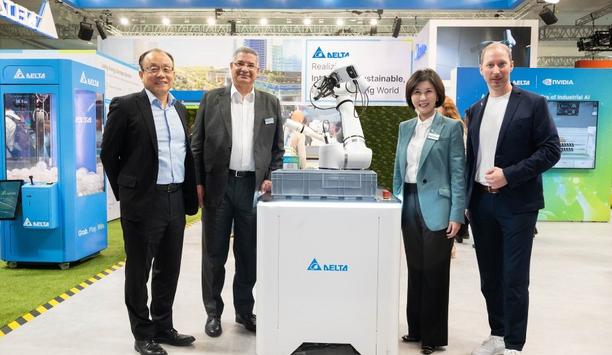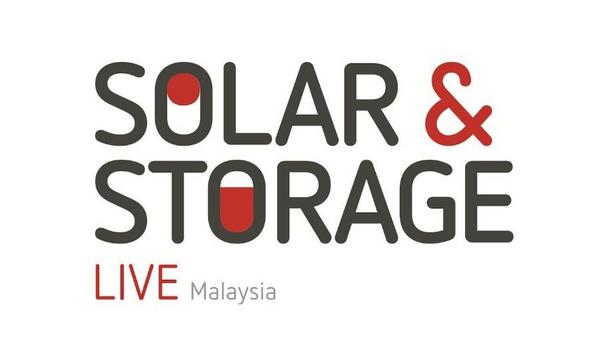On 30th June 2022, how they charge electric vehicles will change. From this day, The Electric Vehicles Smart Charge Point Regulations 2021 come into force in the UK for all private smart charger sales.
The regulations in summary
- Enforced from 30th June 2022.
- They apply to any non-public electric vehicle charge point less than 50 kW sold in the UK.
- Regulations primarily focused on reducing the load on the electrical grid across the UK to increase stability.
- All private chargers sales in the UK must comply with the Smart Charging Regulations.
- In order to comply, chargers must have default charging hours, randomized delay, interoperability, and cyber security measures.
When do the regulations apply?
The regulations also apply to exchanges under warranty if the exchange is made after 30th June 2022
The regulations apply to any person or business selling, offering, or advertising a charge point for sale.
Following the definition in the Automated and Electric Vehicles Act 2018, a sale includes the act of hiring, lending, leasing or giving a charge point from one party to another. The regulations also apply to exchanges under warranty if the exchange is made after 30th June 2022.
In simple terms, there’s three main areas of changes required in order for chargers to comply:
1) Off-peak charging by default
All new home chargers from 30 June 2022 will be pre-configured to default charging hours to avoid peak hours between 8 am-11 am and 4 pm-10 pm on weekdays. The idea is that this will lighten the load on the grid. However, this doesn’t mean you can’t charge at peak times.
Electric vehicle drivers can choose not to accept the factory presets and continue to charge as and when they wish. The presets on new chargers are being put in place more as a way to encourage charging behavior that makes it a bit easier to manage demand as more electric vehicles are sold.
2) Delayed charging sessions
All smart chargers will feature a randomized delay function, so they don’t all start at exactly the same time, i.e., at 10p m when the off-peak hours commence. Chargers will smartly manage when they start their charging session randomly during off-peak hours after 10 pm at 10-minute intervals.
Utility companies can extend this random start time to 30-minute increments if energy use is particularly high on a given day. But again, while new smart chargers sold from 30th June will all have this feature as standard, EV owners can still decide to disable this feature. If they know they have enough range left on the EV for their commute, they might be happy to stagger or delay when the charging session starts.
3) Data and connectivity as standard
From 30th June, all new home chargers will have a data connection and the ability to record and use an energy measuring system to monitor usage. It means the electricity supplier delivering the energy to the EV will have better visibility of the demands on the national grid to allow them to intelligently manage capacity.
Every new charger will also provide the ability for electric vehicle owners to manage parameters remotely through a user interface via an app like Electric Miles on their smartphone.
Reinforced security–coming from 30th December
There will be additional privacy and security regulations that will apply from 30th December 2022
Alongside these new smart functionality features, there will be additional privacy and security regulations that will apply from 30th December 2022. It will require all the data being sent and received by the electric vehicle smart charging point to be encrypted.
This is particularly important to protect from cyber-attacks and stop personal information from being stolen by hacking into the charge point. Part of these new rules will also mean it should be easy for drivers to delete or manage their personal data settings and preferences.
Solution–100% compliant with seamless charging
They’ll see two changes in the Electric Miles smart charging app, which will let the drivers:
- Opt-in, edit, or turn off restricted charging hours as per the regulations.
- Start a charging session by including or excluding a randomized delay of up to 10 minutes.
How are they helping the industry?
As a software provider, they have been helping a number of charger manufacturers and resellers get ready for this complex change. They have also been part of the task force set up by the UK Government one year ago to formulate and bring in this legislation to help deliver this complex change, which incorporates smart charging to help scale EV charging.
They are also members of BEAMA, SMMT, and the Energy UK EV working groups. In recent times, theyt have been working closely with the Office for Product Safety and Standards (OPSS), which is responsible for ensuring compliance with the regulations, on behalf of the Department for Business, Energy and Industrial Strategy and the Office for Zero Emission Vehicles. OPSS has extended its full support to help the industry get through this change.






